
Gaobeidian limestone crusher smelting waste slag

Life cycle assessment of melting reduction treatment for iron and
2022年11月1日 By melting reduction modification technology, it effectively extracts the iron element existing in the waste slag to form high valueadded iron and steel products2015年6月1日 Slag is a waste product from the pyrometallurgical processing of various ores Based on over 150 published studies, this paper provides an overview of mineralogical and Characteristics and environmental aspects of slag: A reviewSteel slag (SS) is a substantial solid waste generated during steel smelting, accounting for 15–20 % of crude steel production [9], [10], [11] In the steelmaking process, iron within the steel slag Activation of ultrafine steel slag and ground granulated blast 2016年5月16日 Reduce, reuse, and recycle are important techniques for waste management These become significant for improving environmental and economic condition of industries Integrated steel industries are generating Sustainable Approaches for LD Slag Waste

Granulation and Heat Recovery from Metallurgical Slags
2019年12月9日 In this paper, the slag granulation and heat recovery options are reviewed and given a critical evaluation, aiming to provide a basis for future directions in slag handling The 2020年6月3日 In this study, Zn/Cubearing smelting slag was recycled via an integrated acid dissolution and hematite precipitation method The slag was dissolved in nitric acid to generate Highpurity recycling of hematite and Zn/Cu mixture from waste 2014年2月19日 The slag valorisation in China improved gradually not only in quantity but also in quality, thereby increasing the economical and environmental benefits Current researches Current Development of Slag Valorisation in China WasteThis paper identifies the sources and hazards of ironbearing smelting slag, delves into resourceful strategies for its comprehensive utilization, such as metal recycling technology and Resource utilization strategy of Febearing smelting slag in China:
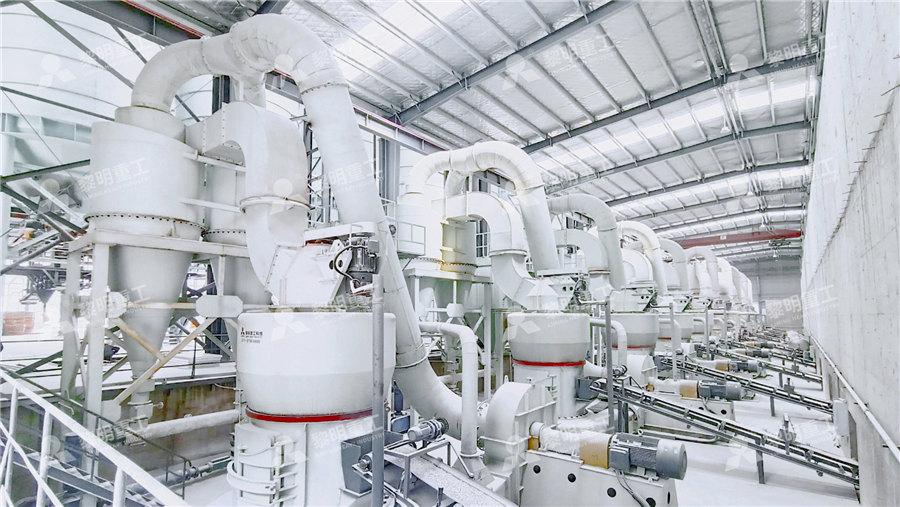
Treatments and Recycling of Metallurgical Slags IntechOpen
2018年11月7日 Slag in ironmaking and steelmaking processes has several metallurgical functions such as preventing contamination by atmosphere, providing thermal insulation, and 2023年1月15日 Ferrochrome slag (FCS) is a byproduct of ferrochrome industries and is produced during the extraction of ferrochrome from chromite ore The chemical composition of FCS comprises of 27–33% SiO 2, 15–25% Al 2 O 3, 20–35% MgO, and 10–15% ironchromium compoundsThe high chromium content of FCS and the possibility of its leaching into the Ferrochrome slag: A critical review of its properties, environmental 2022年11月1日 China has the largest output of steel and iron in the world (Zhang et al, 2022)In 2021, China's average annual pig iron output arrived at about 869 million ton (Stewart et al, 2021) and crude steel arrived at about 103 billion tons (Zhao et al, 2022)Meanwhile, the output of steel solid waste keeps at a high level and generally the production of one ton steel will generate Life cycle assessment of melting reduction treatment for iron and 2023年1月1日 Although considerable effort has been done over a long period of time in the exploitation of industrial waste, ferrochrome slag has received surprisingly less investigationUtilization of steel slag waste as construction material:
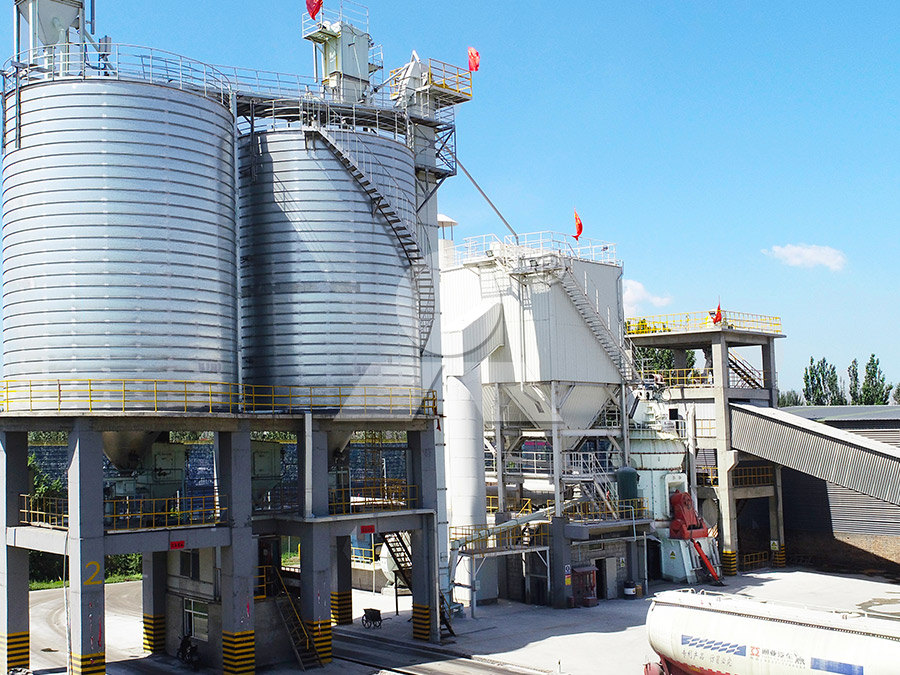
The potential for copper slag waste as a resource for a circular
2022年4月1日 Circular economy is an emerging subject area which has widely been recognised to have immense potential for resource circularity and sustainable development (Velenturf et al, 2019, Lanau and Liu, 2020)It comprises sustainable resource processing strategies that focus on a ‘produce, use and recycle’ paradigm (Nikoloski, 2020)The concept integrates economic 2022年2月26日 Blast furnace slag can be processed into the following materials by various processes In China, blast furnace slag is usually processed into water slag, slag gravel, expanded slag and slag beadsWater slag is the process of putting the hotmelt blast furnace slag into water for rapid cooling, which mainly includes slag pool water quenching or furnace front What is Blast Furnace Slag and How to Process It?2024年11月1日 The utilization rate of SS exceeds that of LFS due to its lower basicity, although it remains considerably lower than the rates observed in developed countries in Europe and the United States, standing at approximately 30 % [4]Currently, the internal recycling of SS predominantly takes place within the smelting production process, serving purposes such as Recent research progress on recycling metallurgical waste slag 2018年2月5日 Piles of steel slag, a solid waste generated from the iron and steel industry, could be seen due to no utility found for the past century Steel slag has now gained much attention because of its new applications The properties of slag greatly influence its use and thus had got varied applications The chemical composition of steel slag varies as the mineral composition Review on the innovative uses of steel slag for waste minimization
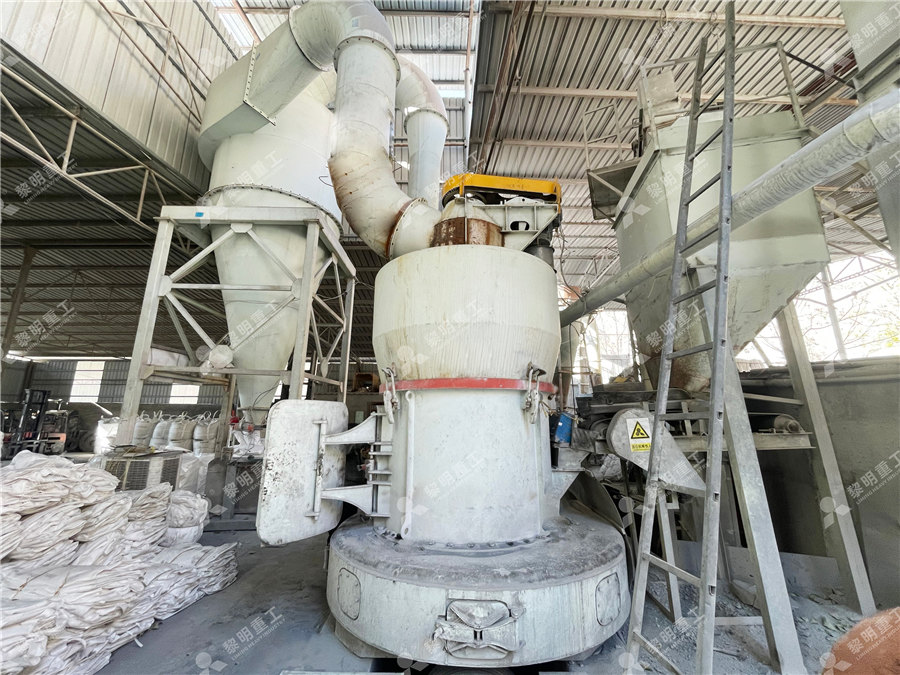
Mineralogy of Metallurgical Slags SpringerLink
2023年3月16日 The term “slag” is used for different materials which result from solidification of a meltSometimes it refers to pyroclastic rocks [], sometimes to ashes, eg from waste incineration, which have undergone sintering due to partial melting [], but mostly for pyrometallurgical residues which result from the reaction of slagforming agents with gangue or impurities in the metal in 2023年2月22日 Sulfidation treatment of copper smelting slag In the sulfidation experiment, the particle size of the synthesized slag was controlled below 80 mesh (178 µm)The mixture of CaSO 4 and anthracite was pelletized at a pressure of 10 MPa in a Ø 4 mm pressing tool, and the weight of every pellet was roughly controlled to be 004 g Then the smelting slag and CaSO 4 The Phase Transition and Element Distribution of Copper Smelting Slag Steelmaking slag, or steel slag, is a byproduct from the production of steel during the conversion of hot metal to crude steel in a basic oxygen furnace, or during the melting of scrap in an EAFThe slag is generated as a melt and is a complex solution of silicates and oxides that solidify upon cooling 11 Depending on the specific steel production process, three different types of steel Steelmaking Slag an overview ScienceDirect Topics2020年10月16日 In view of the nonrenewable reductant resources and carbon neutralization in the process of copper slag cleaning in an electric furnace, this study proposed to use waste cooking oil as reductant to replace fossil energy Combined with the phase equilibrium theory and experimental results, the harm of excessive magnetite in the copper smelting slag to the Copper Smelting Slag Cleaning in an Electric Furnace by Using Waste
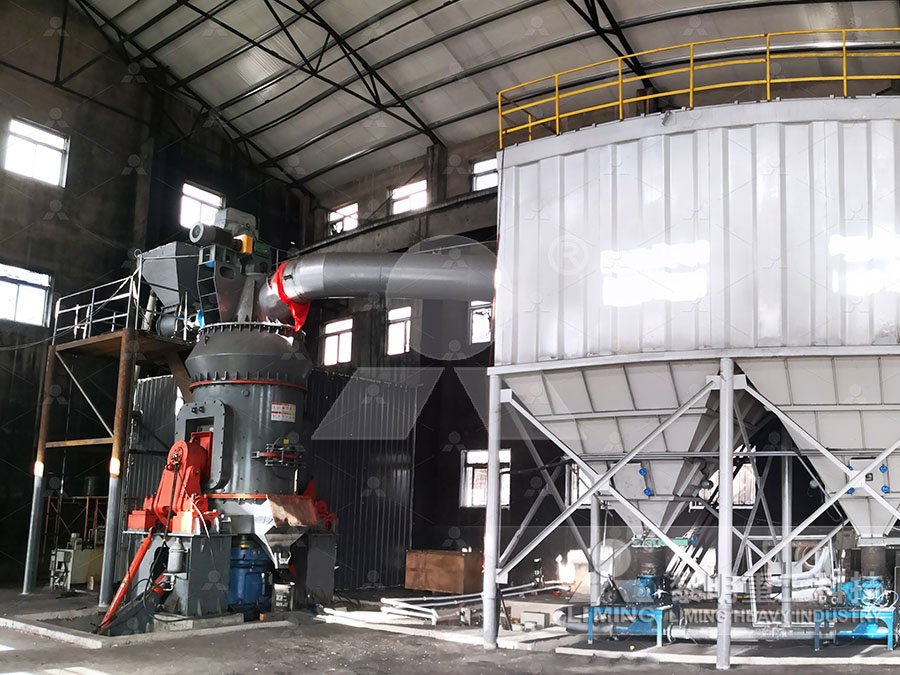
Introduction: Metallurgical Slags – Environmental Liability or
2021年8月4日 Iron blast furnaces (BF) generate approximately 025 to 030 t of slag per t of crude iron for typical ore grades, with higher amounts generated for low ore grades (up to 10 to 12 t of slag per t of crude iron) 1 Steel furnaces commonly produce approximately 02 t of slag per t of steel, with some being returned to the furnace to recover entrained metal 1 Based on 2024年7月5日 Using smelting technology to recover metals from slag is economically justified if the value of recovered metals exceeds a certain threshold per ton of slag treated (Mitrašinović Wolf, 2015) Various studies have shown that recovering metals from copper slag is economically feasible, with high iron recovery percentages and potential economic benefitsCopper Slag as a Source of Iron: An Overview SpringerLinkSteel Slag Processing line adopts jaw crusher for primary crushing, and uses hydraulic cone crusher for secondary and tertiary crushing, offering high crushing efficiency, low wear, energy saving and environmental protection, it has the features of high automation, low operation cost and reasonable allocation of equipmentSteel Slag Processing Gongyi Jingying Machinery 2020年9月24日 Ladle furnaces at Evraz Nizhnii Tagil Iron and Steel Works OJSC produce over 90,000 metric tons of slag per year As this slag cools, it turns into a finegrained powder; if the powder cannot be sold, it is temporarily stored until it can be disposed of [1] We have considered producing easily used flux sinter from the slag generated during ladle processing of steel LadleFurnaceSlag Reprocessing at Evraz Nizhnii Tagil Iron and
.jpg)
Recovery of iron and removal of hazardous elements from waste
Request PDF On Jul 1, 2016, Jung Ho Heo and others published Recovery of iron and removal of hazardous elements from waste copper slag via a novel aluminothermic smelting reduction (ASR) process 2022年10月1日 Copper smelting slag usually contains 1–6 wt% copper, which can be recovered by pyrometallurgical and flotation processes However, the tailing slags still consist of 03–07 wt% Cu and 35 Advances in recovery of valuable metals and waste heat from copper slag 2023年5月14日 Reusing slag and heat waste from hot slag contributes to green economy Using appropriate mixing composition, BFS and limestone mixture can be used for green cement production This works explores the potential to convert slag waste into cement clinker using heat recovered from blast furnace of iron productionBlast Furnace Slag Cement Clinker Production Using Limestone 2022年9月25日 Iron in CSS mainly exists in the form of complex iron oxides such as iron olivine rather than magnetite or hematite, which is difficult to be recovered efficiently by traditional beneficiation methods (Li et al, 2021)In order to separate iron from CSS, it is necessary to convert the complex iron oxide into metal iron or ferric oxide, and then recover it through Extraction and separation of copper and iron from copper smelting slag
.jpg)
Resource Utilization of Copper Slag with a Focus on Springer
2024年2月7日 Reduction The reduction process for copper slag is typically followed by magnetic separation []Depending on the temperature and intensity of reduction, it can be classified as direct reduction, deep reduction, and smelting reduction []Commonly used reducing agents include coke, biomass carbon, and natural gas [31, 32]The reduction process converts 2017年1月1日 The mineral composition of slags from the refining process is varied and the most common phase constituents are oxides and hydroxides (zincite ZnO, wustite FeO, hematite Fe2O3, goethite FeO(OH Slags of the Imperial Smelting Process for Zn and Pb because when it ends up in the slag it can lead to failure of the TCLP Barium produces a deep green flame over the slag and matte, a stony appearance, and a large amount of matte Too much alkaline earths or too much zinc can “freeze” a blast furnace [2] A low silica highlime slag is a dangerous sign that the furnace is about to freezeA REVIEW OF SLAG CHEMISTRY IN LEAD RECYCLING2019年12月9日 Metallurgical slags are produced at a massive rate of over 750 Mt/year, and carry a thermal energy equivalent to 40 Mt/year of coal The potential mineral and thermal energy values of slags are in the order of $22 b and $3–6 b per year Such attractive figures, together with tightening legislation on disposal of slag and the carbon footprint associated with the loss Granulation and Heat Recovery from Metallurgical Slags
.jpg)
Comprehensive Analysis of Steel Slag as Aggregate for Road
2021年5月27日 Blast Oxygen Furnace (BOF) slag represents one of the largest waste fractions from steelmaking Therefore, slag valorisation technologies are of high importance regarding the use of slag as a secondary resource, both in the steel sector and in other sectors, such as the construction or cement industries The main issue regarding the use of BOF slag is its 2003年3月1日 Up to now, the main methods of using steel slag were used as sinter material, hot metal dephosphorizing agent, waste water treatment materials, reclamation of waste steel, concrete admixtures, CO2 Comparison of properties of steel slag and crushed limestone aggregate 2022年3月31日 Inordinate levels of heavy metals in water sources have long been a matter of concern, posing serious environmental and public health risks Adsorption, on the other hand, is a viable technique for removing heavy metals from water due to its high efficiency, low cost, and ease of operation Blast furnace slag (BFS) is considered a cheap sorbent for the get rid of From waste to waste: iron blast furnace slag for heavy metal ions 2022年1月21日 Steel slag (SS) and red mud (RM) are hazardous solid wastes that require disposal In this work, SS–RMbased multisolid waste composite pavement base material (PBM) was proposed based on different Ca/(Si + Al) ratios Its performance, structure and toxicity leaching have been studied The microstructure was characterized by XRD, SEMEDS, 29Si Steel Slag–Red MudBased Multisolid Waste Pavement Base
.jpg)
Innovation and performance of lead smelting slagbased multi
2024年1月12日 LSS is a byproduct resulting from the smelting process of metallic lead, which involves hightemperature melt quenching in water, similar to other materials such as fly ash [9], steel slag [10], and GGBFS [11]The material under consideration comprises a certain quantity of amorphous calciumaluminumsilicate glassy phase, which exhibits cementitious behavior 2020年8月2日 Large amount of slag is obtained during the production of ferrochromium This byproduct has properties comparable to natural aggregates However, almost all of the ferrochromium slag is landfilled The main objective of this study was to investigate the effects of ferrochromium slag aggregate on the mechanical properties and permeability of concrete For Use of waste ferrochromium slag as aggregate in concrete2023年5月26日 Gypsum sludge refers to a hazardous solid waste produced by the nonferrous smelting industry, and its disposal and utilization are environmentally challenging To investigate the feasibility of replacing limestone with gypsum sludge for smelting slagging, the effect of gypsum sludge and smelting conditions on high lead slag reduction smelting was studied Utilization and detoxification of gypsum sludge by replacing limestone 2009年2月1日 Smelting activity by its very nature produces large amounts of metalbearing waste, often called metallurgical slag(s) In the past, industry used to dispose of these waste products at dumping The bioleaching feasibility for Pb/Zn smelting slag and
.jpg)
Coreduction of Copper Smelting Slag and Nickel Laterite to
2017年11月6日 In this study, a new technique was proposed for the economical and environmentally friendly recovery of valuable metals from copper smelting slag while simultaneously upgrading nickel laterite through a coreduction followed by wet magnetic separation process Copper slag with a high FeO content can decrease the liquidus 2017年2月8日 Materials The smelting slag used in this study was obtained from a copper plant in China Mineralogical analysis, performed using scanning electron microscope (SEM) and energy dispersive Xray spectroscope (EDS), polarizing microscope and Xray diffraction (XRD), indicated that fayalite (Fe 2 SiO 4) and magnetite (Fe 3 O 4) phases were major components The Recovery of Copper from Smelting Slag by Flotation Process2017年12月8日 Scientific Reports CO2 Mineralization and Utilization using Steel Slag for Establishing a WastetoResource Supply Chain Skip to main content Thank you for visiting natureCO2 Mineralization and Utilization using Steel Slag for Nature2022年4月4日 Slag analyses from archaeological iron smelting sites are common Rigorous analyses of iron and slag from successful experimental smelting, however, are still rare Furthermore, thorough analyses from a series of smelts, and of the slag produced in different phases of the smelt, are exceedingly rare The present study investigates the effect of an iron By the hand of the smelter: tracing the impact of decisionmaking
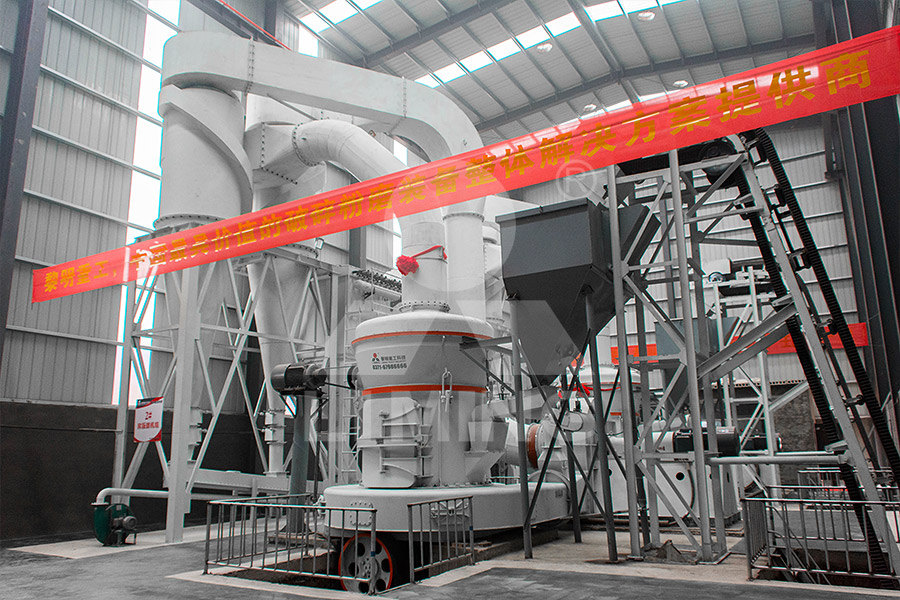
LADLEFURNACESLAG REPROCESSING AT EVRAZ NIZHNII TAGIL
cessing of manmade raw materials such as metallurgical slag Metallurgical slag is a major byproduct of ferrous metals production, making up approximately 70–85% of all castiron and steel smelting waste [2] Slag has an iron content of 25–30%, with some in bead form (11–15%) Slag recycling is a requisite for wastefree oper2018年7月1日 During the smelting process, the soft melting of the burden drops and accumulates in the lower part of the furnace cylinder At the slagiron interface, the chemical reaction between the metal Green and Efficient Utilization of Waste Ferricoxide Desulfurizer 2024年10月10日 Utilizing industrial and urban solid wastes is crucial for developing lowcarbon cements This study proposes a novel method to integrate recycled glass and blast furnace slag (BFS) into alkaliactivated cements It also investigates the influence of pulverized limestone (LSP), as a readily available costefficient partial replacement for BFS The activators were Limestone impact on properties, microstructure and COMaytham Mahmood Ali AlKhwarizmi Engineering Journal, Vol 14, No 3, PP 81 91 (2018) 84 21 Fluxing and Degassing of AluminumRecovery of Aluminum from Industrial Waste (Slag) by Melting
.jpg)
A review on lead slag generation, characteristics, and utilization
2019年7月1日 Large amounts of lead slag are produced during the production of primary lead and secondary lead Considering lead concentrate smelting as an example, a primary lead smelting system production of 1 t of lead will discharge 7100 kg of lead slag (Hou, 2011)At the secondary lead recycling process, for each ton of metallic lead produced, 100–350 kg of slag













